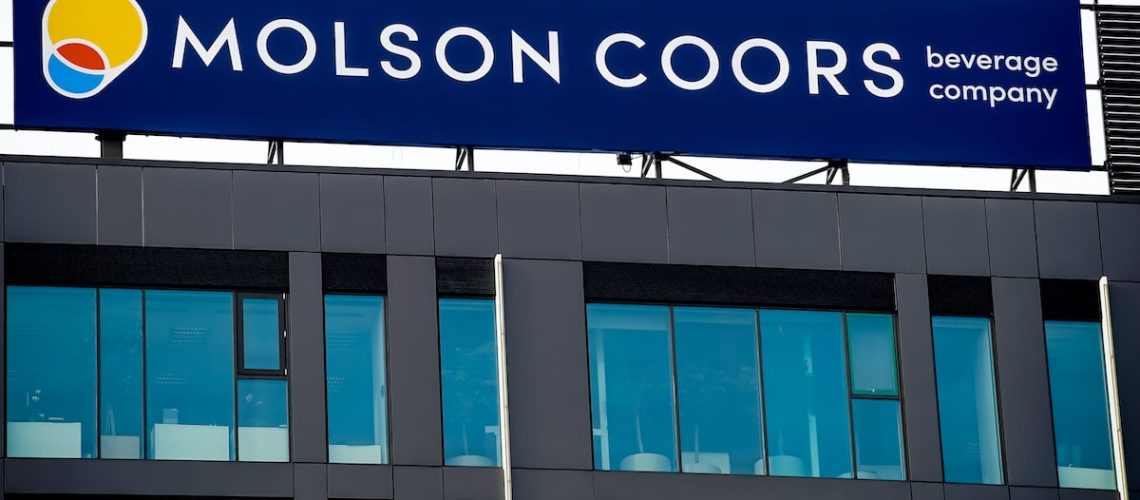Molson Coors has made headlines by announcing the rollback of its diversity, equity, and inclusion (DEI) policies, sparking debate in the corporate world and beyond. The decision, aimed at refocusing the company’s efforts on core business objectives, comes at a time when public discourse around corporate DEI initiatives is intensifying. The move has been met with both support and criticism, as stakeholders dissect the implications of the shift.
A Strategic Pivot
In an internal memo circulated to employees and later made public, Molson Coors outlined its plans to phase out specific DEI programs that had previously been part of its company culture. The company emphasized that while it had completed its DEI training programs, future initiatives would prioritize business growth and consumer dynamics over aspirational representation goals. As part of this pivot, Molson Coors announced that its employee resource groups (ERGs) would be rebranded as “business resource groups,” signaling a focus on career development and market objectives rather than identity-based initiatives.
“We are committed to fostering an inclusive environment, but we must also ensure that our business objectives align with the needs of our consumers,” Molson Coors said in the memo. This statement reflects the company’s broader strategic shift, which appears to be a response to recent pressures from certain consumer groups calling for companies to stay out of social and political issues. Notably, Molson Coors confirmed that it would no longer participate in the Human Rights Campaign’s Corporate Equality Index, which tracks companies’ LGBTQ+ policies.
The Influence of Consumer Backlash
Molson Coors’ decision comes on the heels of a growing trend where companies that actively promoted DEI policies faced backlash from conservative consumers. One example that likely influenced Molson Coors’ move is the situation faced by Bud Light earlier in 2023, when the company’s partnership with a transgender influencer led to a significant drop in sales due to consumer boycotts.
The conservative pushback on “woke” corporate policies has gained traction, as seen with high-profile conservative commentators like Robby Starbuck, who publicly criticized Molson Coors on social media prior to the company’s announcement. Starbuck took to X (formerly Twitter), claiming responsibility for sparking the decision, stating, “After I warned Molson Coors about their woke policies, they responded the right way, by listening to their core audience.”
While Starbuck’s influence on the decision is debatable, the timing suggests that Molson Coors, like many companies, may be reconsidering its approach to navigating political and social issues amid changing consumer expectations. Recent polling indicates that many companies face a balancing act between supporting DEI initiatives and maintaining favor with a segment of their customer base that is increasingly resistant to such policies.
Impact on Internal and External Perception
Internally, Molson Coors employees are grappling with the implications of these changes. While the company insists that it remains committed to inclusivity, employees who have been active participants in its DEI programs might view the rollback as a step backward. Many large corporations have faced internal resistance when scaling back DEI initiatives, particularly from employees who see these programs as vital to creating an inclusive work environment. A company representative did not respond to questions about employee sentiment, but insiders say there is concern that rebranding DEI-focused groups may dilute their original purpose.
Externally, the company’s decision has drawn attention from both conservative and progressive groups. While conservative voices have praised the move as a return to corporate focus on profitability and consumer satisfaction, DEI advocates and organizations like GLAAD have expressed concerns. GLAAD, an LGBTQ+ advocacy organization, stated, “Rolling back DEI policies at a time when inclusion is more critical than ever signals that Molson Coors is willing to turn its back on progress for the sake of appeasing a vocal minority. This is a disappointing move.” This criticism highlights the tension companies face between market forces and social responsibility.
Molson Coors has also made changes to its philanthropic strategy. In the internal memo, the company outlined its new approach to charitable giving, which will now be centered around “hometown communities,” with a stronger focus on core business goals rather than broader societal issues. The company’s previous involvement in diversity-related initiatives is reportedly being scaled back, a move that reflects its shift away from DEI as a business priority.
Financial Implications
From a financial perspective, Molson Coors’ decision comes at a time of mixed results for the company. While it beat analysts’ expectations in the first quarter of 2024, reporting a revenue of $3.25 billion (compared to an estimated $3.18 billion), the company still saw a 4% decline in revenue from the previous year. This financial backdrop is essential in understanding Molson Coors’ shift, as it seeks to strengthen its core business performance amid a challenging market.
The company’s CEO, Gavin Hattersley, addressed the broader challenges facing the beer industry in a recent interview, saying, “Every year, our industry faces new challenges. We’ve become adept at managing them, but that doesn’t mean we can rest on our laurels. We need to ensure that our decisions support the long-term health of our business.”
Hattersley’s comments reflect the company’s broader goal of maintaining financial stability while navigating the evolving expectations of its diverse consumer base.
This post was first published on Pulse of Pride.
Feature photo credit: Shutterstock/ LCV
The images used are for illustrative purposes only and may not represent the actual people or places mentioned in the article.
For transparency, this content was partly developed with AI assistance and carefully curated by an experienced editor to be informative and ensure accuracy.

